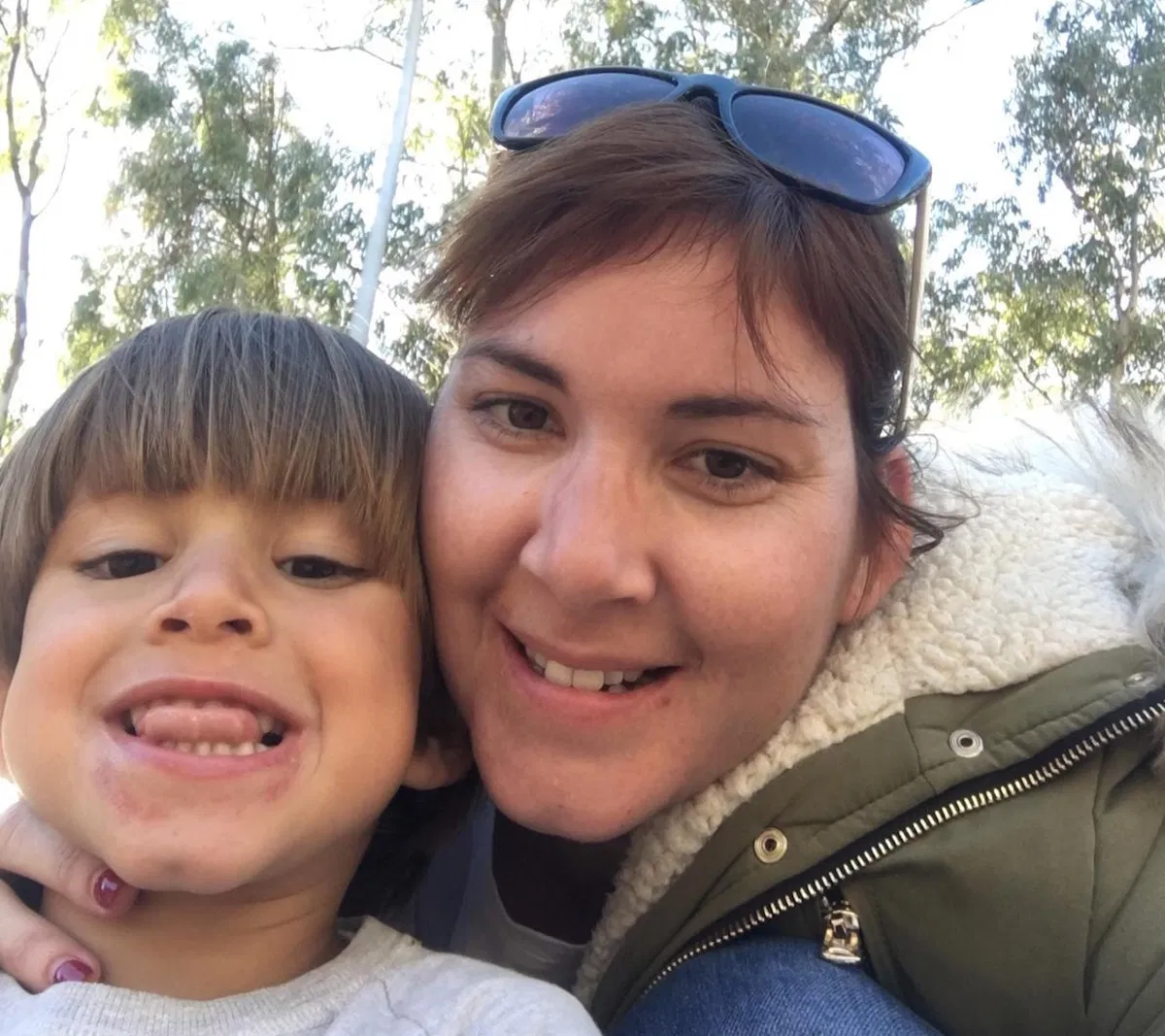By Marc Menendez-Roche
It’s a quiet struggle many families in Spain never expected to face: years spent trying to bring their children home after social services stepped in on suspicion of risk.
Last year alone, more than 50,000 children were placed in state care in Spain – a striking figure compared to neighbouring France, where children are five times less likely to be removed from home. But why the big difference? Unlike France, where a judge must approve removals except in emergencies, Spanish social services can take a child into care administratively, based on their assessment that there’s a risk of harm — even if that risk is only suspected, not proven.
Why thousands of kids are taken on suspicion alone
Spain’s system was shaped in part by tragic past failures, including the 2006 case of five-year-old Alba, who was left quadriplegic after repeated abuse went unaddressed. The horror of Alba’s story left a lasting mark: today, many social workers prefer to act early — sometimes very early — to prevent another tragedy.
This approach means children can be removed as a precautionary measure if social workers suspect abuse, neglect, or serious risk. Supporters argue it saves lives; critics warn it can split families unnecessarily when suspicions turn out to be unfounded.
Difficult path home
Once a child enters care in Spain, getting them back can be a bureaucratic maze. While the law requires cases to be reviewed by a judge, months or even years can pass before a final decision, leaving parents fighting an uphill battle to prove their home is safe.
The case of Carlos
One recent case has drawn attention to the difficulties of Spain’s system. Carlos’ removal began during a horse-riding therapy class, when authorities took him without prior warning or clear explanation according to his parents Jonny and Rowena. Jonny and Rowena, say they provided extensive evidence of a caring, stable home — including school reports and therapy records — but they still face more than two years of limited, supervised contact.
Carlos’ mother claims he has suffered dental problems, weight loss, and emotional distress while in care. She also says they have not received a clear explanation for his removal. The full circumstances of the case, including any official assessments of the home environment, remain unclear.
Private care, public worry
Meanwhile, with 80 per cent of Spain’s children’s homes privately run, worries persist about oversight. Past scandals, such as the shocking 2020 revelation of 16 girls trafficked for prostitution from a Mallorca care home, have raised serious questions about how well children are protected once taken into care.
A difficult balance
Experts say Spain’s child protection system reflects a real dilemma: how to keep children safe without tearing families apart unnecessarily. While early intervention can prevent tragedies, acting too quickly based on suspicion alone can devastate families and leave children in limbo and scarred for life.
As more families come forward and care homes face investigations, Spain’s system may need to find a better balance between protection and proportion — ensuring every child’s best interests are served without sacrificing fairness or due process. But there lies part of the problem. Due process takes time, and in these cases, time is of the essence.
So, is it innocent til proven guilty, guilty til proven innocent, or something in between?
More Spanish living news.
More news in English from around Spain.
